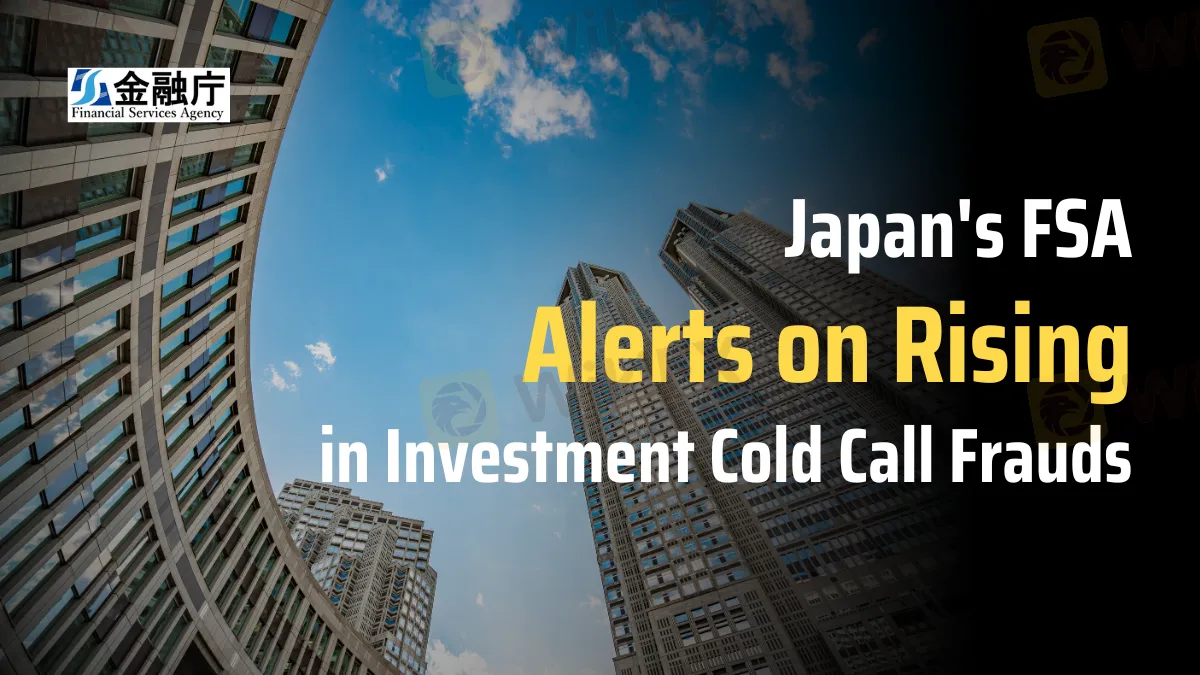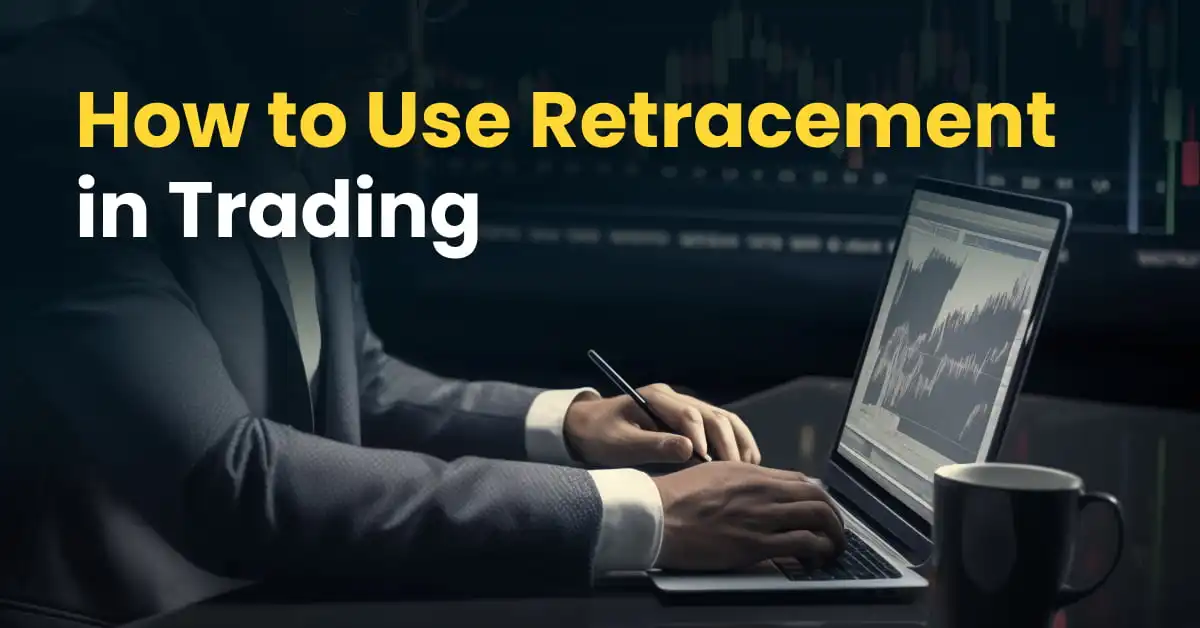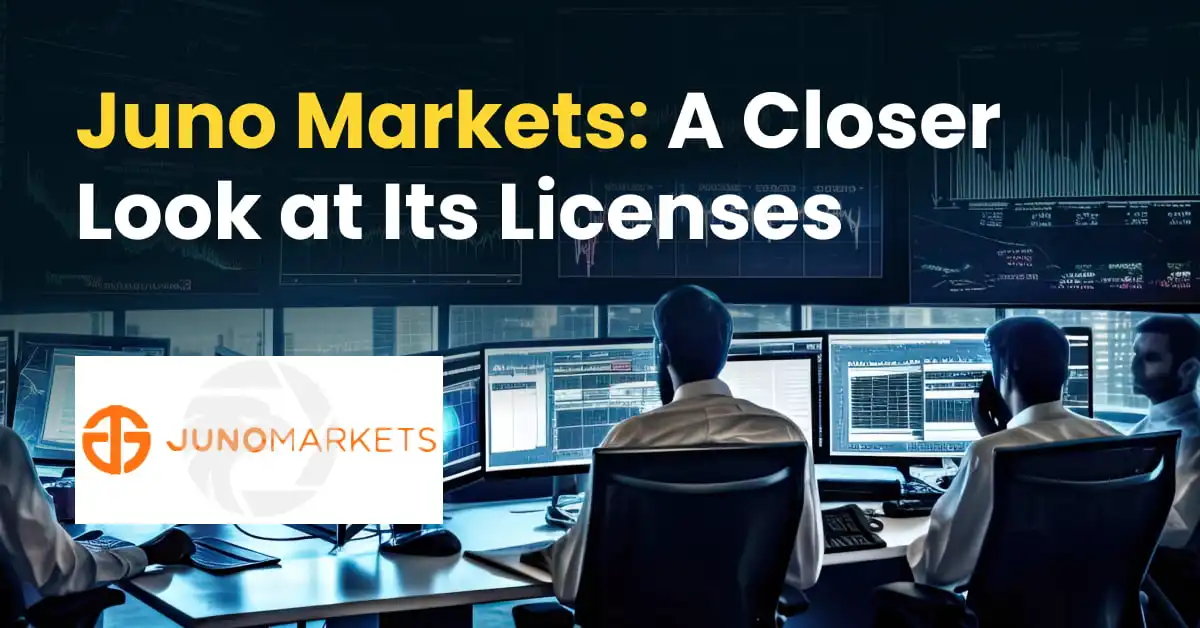简体中文
繁體中文
English
Pусский
日本語
ภาษาไทย
Tiếng Việt
Bahasa Indonesia
Español
हिन्दी
Filippiiniläinen
Français
Deutsch
Português
Türkçe
한국어
العربية
Japan's FSA Alerts on Rising in Investment Cold Call Frauds
Abstract:Japan's Financial Services Agency (FSA) issued a warning about rising fraudulent investment schemes through cold calls. Investors are advised to verify firms.

The Financial Services Agency of Japan (FSA) has issued a warning about the rise in cold calling-related investment fraud. This warning is intended for fraudulent, emailed, or faxed phony organizations that act as legitimate financial institutions and illegally solicit cash from investors.
As to the FSA research, these scammers often pose as reputable asset management or brokerage businesses to lure investors into purchasing high-risk financial products or securities. These operators often leave after they have convinced people to pay, leaving investors with large losses and no real securities.
To counteract this dishonest behavior, the FSA emphasized how crucial it is to confirm the registration or licensing status of any organization providing investment options. These cold callers lack the legal registration that is necessary for legitimate solicitation in Japan's securities industry. By giving fictitious addresses and claiming to be based in nations other than those of their target victims, these fraudulent businesses often make monitoring efforts more difficult.

The problem has drawn attention from across the world as a result of collaboration with foreign authorities and the disclosure of reports by worldwide investors. The Financial Instrument and Exchange Act of Japan does not register any of these non-authorized businesses, thus, the FSA has reacted by making a public list of them. This list is part of an ongoing effort to prevent future fraud and to encourage investors to check it out before making a financial commitment.
Furthermore, the February 2002 International Organization of Securities Commissions (IOSCO) notice and the FSA's advice are in line with each other. The Indian Oil and Gas Regulatory Commission (IOSCO) has already issued a warning against making investment choices based only on cold calls, especially when the cold calls offer inflated returns or unregulated “guaranteed” earnings.
The FSA advises investors to exercise caution and thorough due diligence on any investment proposals as part of its responsibility to safeguard consumers. The official FSA website includes a list of non-registered businesses as well as detailed guidance on detecting and preventing investment fraud. Internationally connected resources are added to this data to help investors safeguard their financial interests and make well-informed judgments.
The emergence of sophisticated fraudulent schemes continues to pose serious dangers to investors, and this updated warning emphasizes the persistent problems in the global financial environment. To improve regulatory measures and guarantee a safer investment environment for all, the FSA is still dedicated to collaborating with international agencies.

Disclaimer:
The views in this article only represent the author's personal views, and do not constitute investment advice on this platform. This platform does not guarantee the accuracy, completeness and timeliness of the information in the article, and will not be liable for any loss caused by the use of or reliance on the information in the article.
Read more

How to Use Retracement in Trading
Understanding retracement is essential for strategic trading. In today’s article, we will focus on the retracement is a temporary, short-lived pullback in the price of a financial instrument, like a stock or an index, that occurs within a larger, established trend. Think of it as a brief pause or a correction before the market continues its original movement. Unlike a trend reversal, which signals a fundamental shift in direction, a retracement represents a temporary deviation that doesn't jeopardize the long-term trend.

What Is Indices in Forex? A Beginner’s Guide to Trading Forex Indices
Understand what indices in forex are, how DXY works, key differences vs pairs, pros/cons, and where to trade CFDs—beginner-friendly, expert-backed guide.

Malaysian Finfluencers Could Face RM10 Million Fine or 10 Years in Prison!
A new regulatory measure by the Securities Commission Malaysia (SC) is set to change the country’s online trading and financial influencer landscape. Starting 1 November 2025, any trader or influencer caught promoting an unlicensed broker could face a fine of up to RM10 million, a prison sentence of up to 10 years, or both.

Juno Markets: A Closer Look at Its Licenses
When selecting a broker, understanding its regulatory standing is an important part of assessing overall reliability. For traders seeking to protect their capital, ensuring that a platform operates under recognised and stringent oversight can make all the difference. Keep reading to learn more about Juno Markets and its licenses.
WikiFX Broker
Latest News
Scam Alert: Know the Risky Side of InstaForex in India
Going to Invest in FXCL? Move Back to Avoid Scams & Losses
What Is Forex Trading Fee? A Beginner’s Guide
Understanding UAE’s Financial Market Regulation: SCA and DFSA
What Is Indices in Forex? A Beginner’s Guide to Trading Forex Indices
FBI Issues Urgent Warning on Crypto Recovery Scams
Robinhood Moves Toward MENA Expansion with Dubai DFSA License Application
How to Use Retracement in Trading
CySEC warns the public against 17 investment websites
IBKR Lite Singapore Debuts with Zero-Commission US Stock Trading
Currency Calculator


